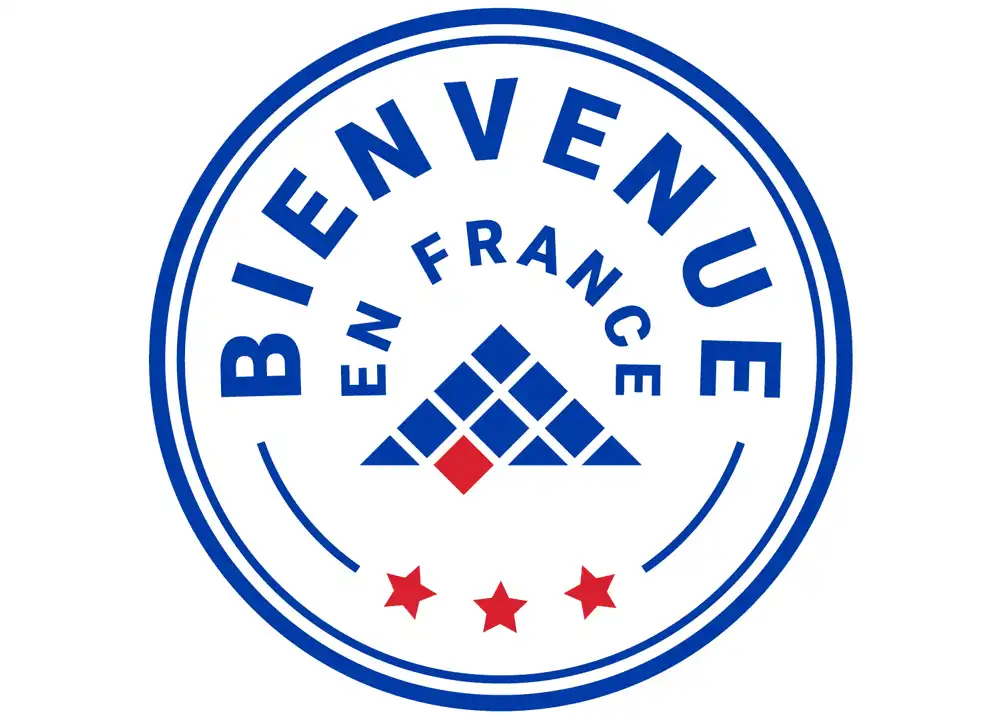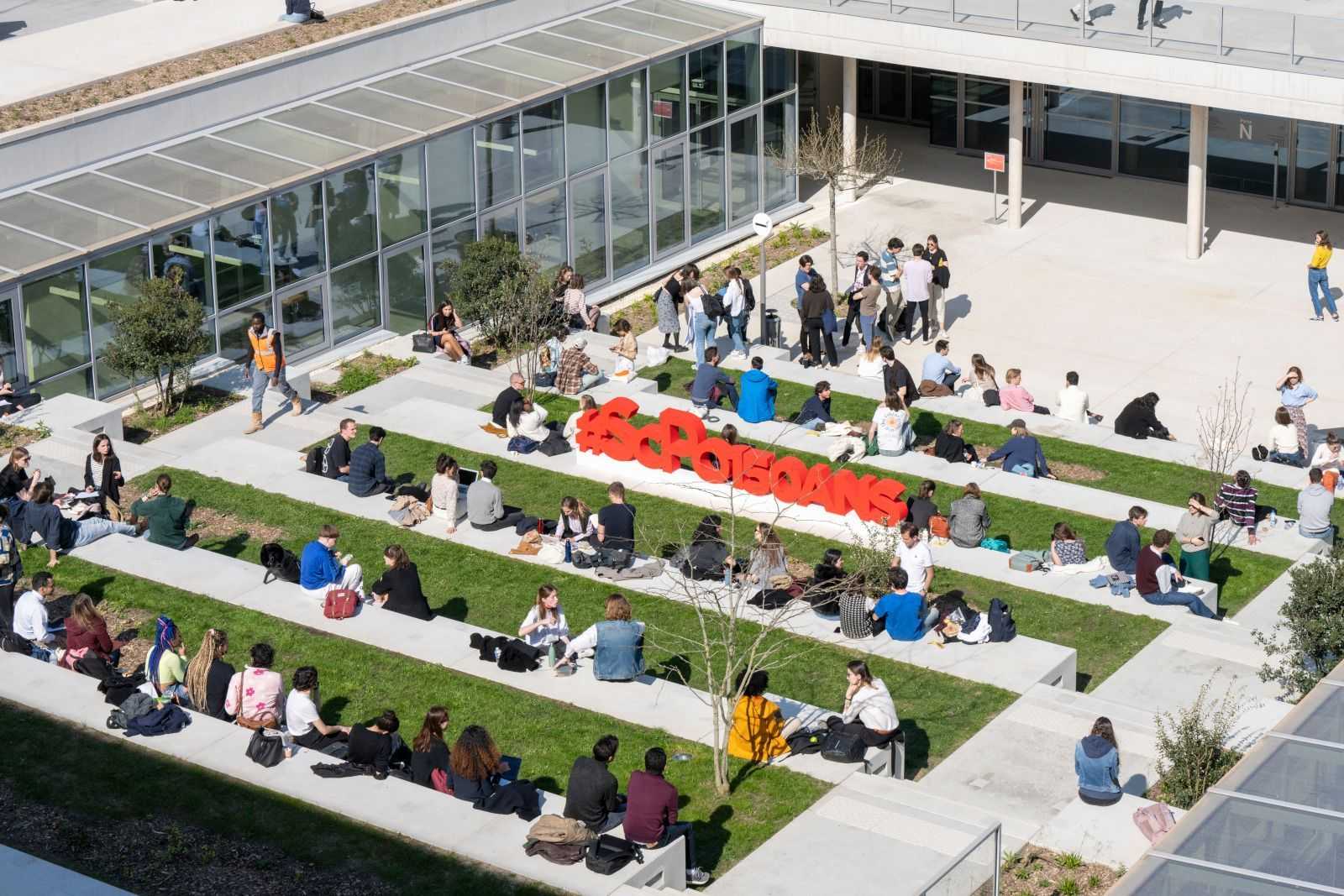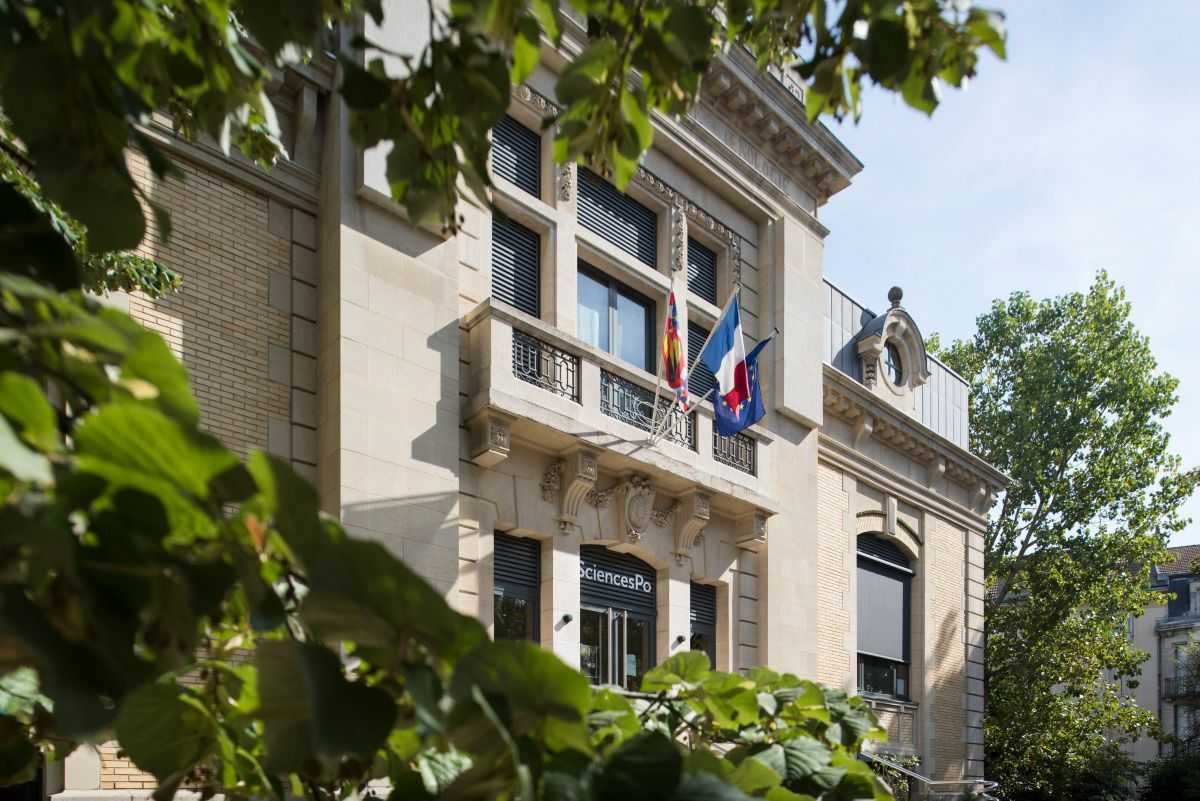
Home>Get started>International Students>Living in France: French lifestyle, habits and customs
Living in France: French lifestyle, habits and customs
- 1 January: New Year's Day
- Late March or early April: Easter Monday (Christian holiday)
- 1 May: Labour Day
- 8 May: Armistice Day 1945
- May: Ascension Thursday (Christian holiday)
- Late May or early June: Pentecost Monday (or Whit Monday, Christian holiday)
- 14 July: Bastille Day (France's national holiday)
- 15 August: Assumption of Mary (Christian holiday)
- 1 November: All Saints' Day (Christian holiday)
- 11 November: Armistice Day 1918
- 25 December: Christmas Day (Christian holiday)
France observes a daylight saving period, which gives a summer time (GMT +2) and a winter time (GMT +1).
- For winter time, the clocks are put back an hour on the last Sunday in October
- For summer time, the clocks are put forward an hour on the last Sunday in March
As a general rule, shops are open between 10am and 7pm (8pm for some of the major chains), Monday to Saturday, except in small towns where most shops close between midday and 2pm.
In Paris and other large cities, the big stores (e.g., Galeries Lafayette and Printemps) also have late-night shopping once a week, where, like museums, they close at around 8.30pm.
In France shops are closed on Sundays, with some exceptions – big shopping centres, the Christmas period, tourist areas, etc.
Find out the specific opening hours of a shop in Paris or elsewhere in France (in French).
Unlike in English, which always uses “you” to address another person, the French language distinguishes between “tu” (the informal form of “you”) and “vous” (the formal “you”), depending on context, the age of the person you are addressing and your degree of familiarity with them.
In general, “tu” is used between parents and children, family members, colleagues of the same age and friends; “vous” is used for people you are meeting for the first time, older people and people of higher status (e.g., at work, for professors, etc.).
Generally, it’s better to start with “vous” before switching to “tu” if appropriate.
Like in many countries, recycling systems exist throughout France. In most buildings there are three types of rubbish bin, with three different coloured lids:
- One lid for non-reclable household waste;
- One lid for recyclable household waste, such as:
- Paper and cardboard, steel and aluminum cans, newsletters and magazines;
- Plastic bottles
- One lid for glass bottles and jars
The colour of each of these bins may vary depending on your place of residence: view the best-practices for recycling (in French).
In France, any establishment selling alcohol is not authorised to serve children under 16 years of age. Drinks with an alcohol content under 15% (wine, beer) can be served to under-18s, but not spirits and liqueurs (whisky, vodka, etc.).
At the wheel, the maximum permitted alcohol level is 0.5g of alcohol per litre of blood, which is roughly equivalent to three half pints of beer, two glasses of wine or three glasses of champagne.
The Loi Evin of 1991 forbids smoking in public places except in designated smoking areas, both inside and outside (restaurants, cafés, shops, universities) and in collective transport (planes, trains, the metro).
In practice, people smoke outside in certain public places (the terraces of restaurants and cafés). At universities and higher education institutions, the head of the institution decides whether or not to authorise smoking outside
At Sciences Po, smoking is only authorised outside the premises. You'll find smokers clustered by the main exit of 27 rue Saint Guillaume.
"Bienvenue en France" Label

Created in 2019 by Campus France, this label is awarded to higher education institutions for their ability to accommodate new international students. Sciences Po was awarded 3 stars, the highest standard.
Find out more about the "Bienvenue en France" label (PDF, 226 Ko)



